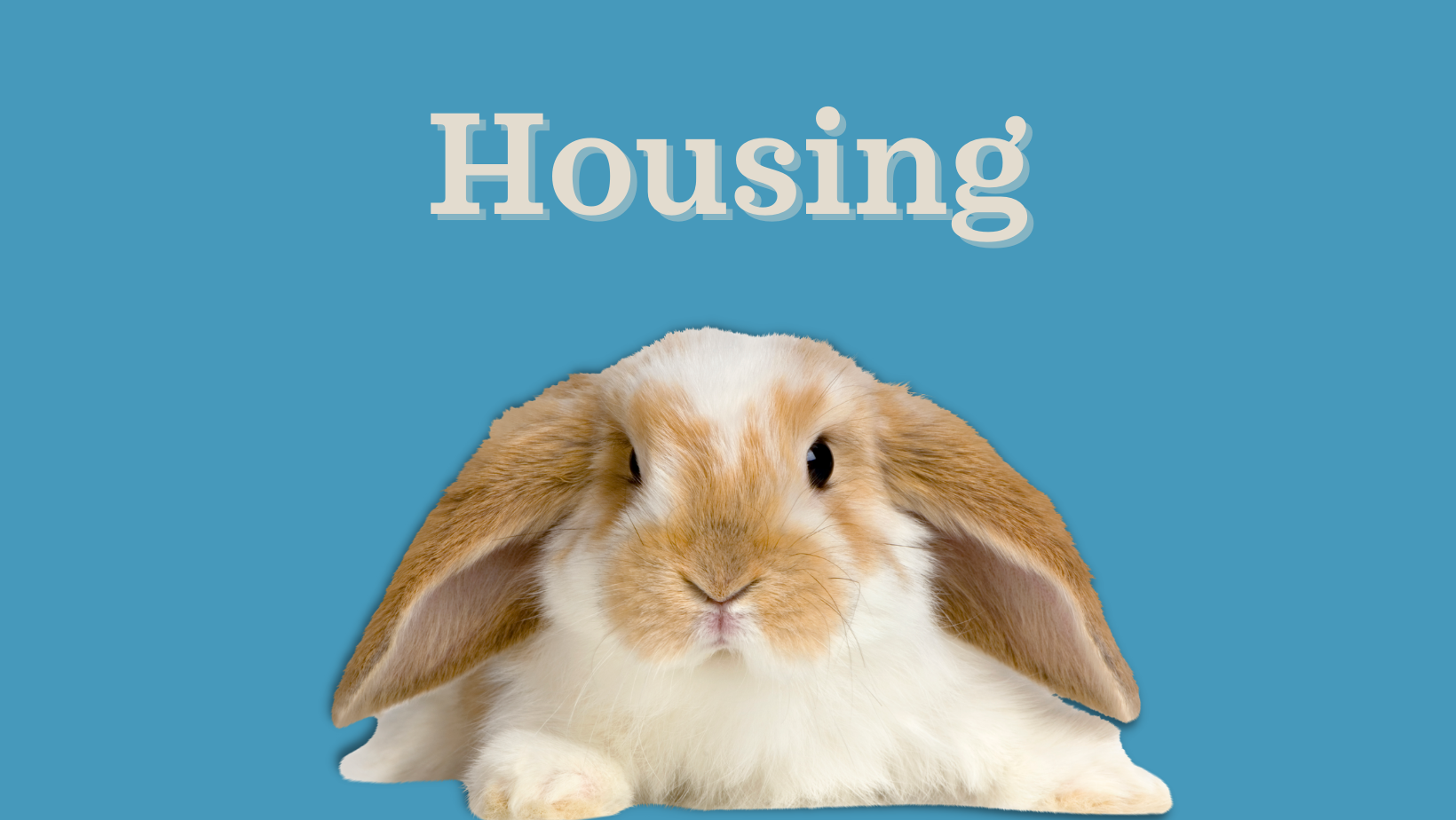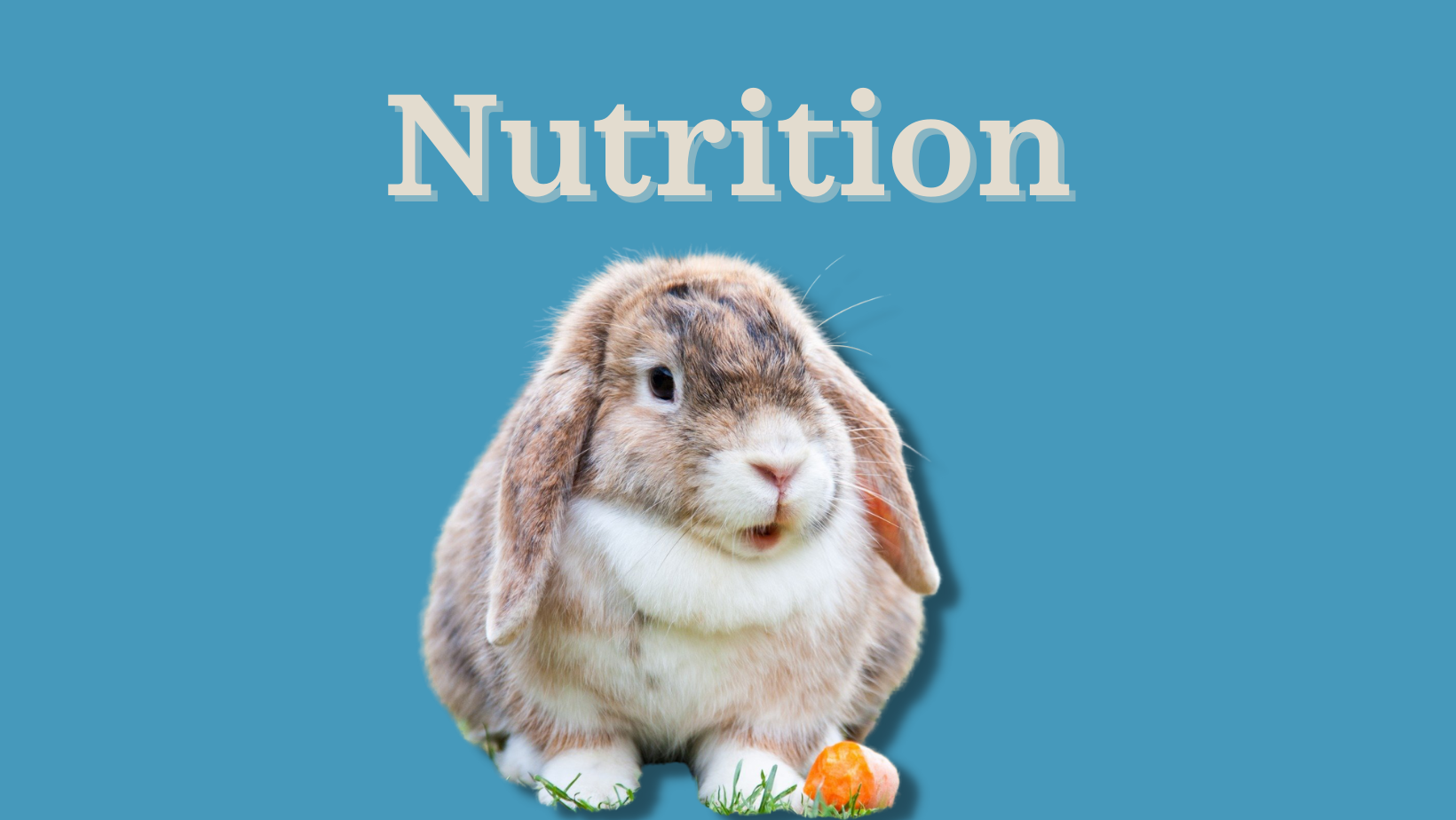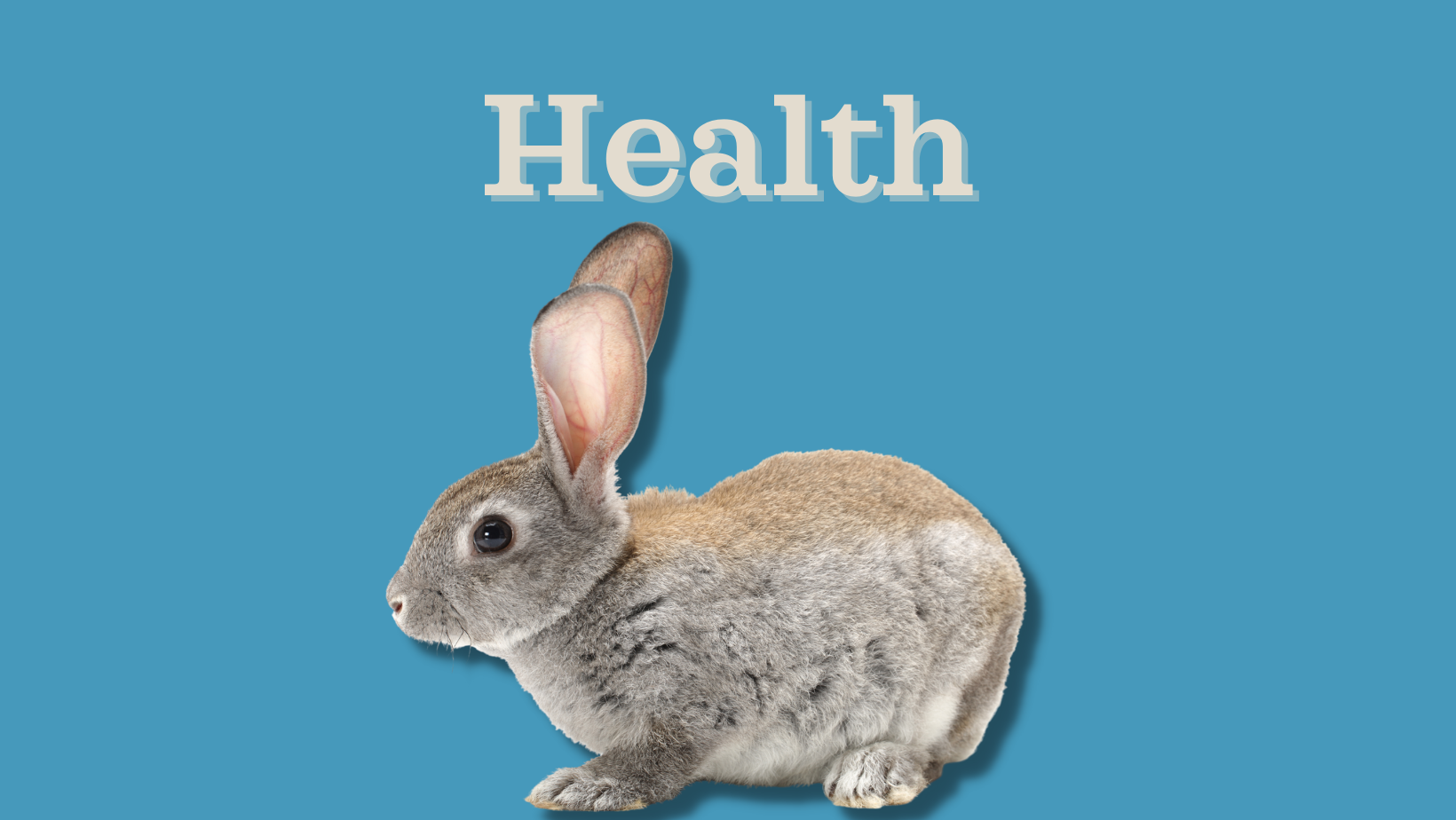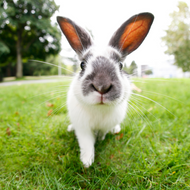What you Need to Know Before Getting a Bunny
Posted by Chow Hound Pet Supplies on Apr 4th 2022

Docile, soft, adorable, and relatively easy to care for, bunnies make amazing pets. However, just as other pets need the right type of care to be healthy and safe, so do bunnies. Bunnies often get brought home as a fun gift around spring or Easter, but people sometimes don't grab everything the bunny needs or know how to take care of them. Below is a quick guide of what you will need to know and the supplies you need for a new pet bunny.

Housing - How to Keep Your Bunny Safe
Before bringing home a new bunny, make sure you have created a safe place for the bunny to stay. Even if you intend to keep the bunny in the house, your new pet will need its own area to keep it safe and comfortable. A rabbit hutch and like the Ware Manufacturing Premium Rabbit Hutch works well outdoors, especially when placed in a fenced enclosure. A Livingroom Series Rabbit Cage is a good option for indoor keeping. The best enclosures:
- Give the bunny room to move and get exercise
- Offer a comfortable place to sleep
- Have a wire structure and no large openings

Nutrition - What to Feed Your Bunny
Bunnies have very specific dietary needs. They need fresh water and food every day, and their diet should consist of mostly hay, a small amount of fresh veggies, and timothy pellets. By contrast, you can offer something like Oxbow Essentials Bunny Basics Adult Rabbit Food, which contains a mix of nutritional agents your bunny needs.
As far as veggies, stick with mostly leafy greens, such as romaine lettuce, carrot tops, and spinach. Carrots and fruits are fine as an occasional treat, but steer clear of anything that contains a high sugar content. Berries can be a good option.

Health - Keeping Your Bunny Healthy
Bunnies are generally healthy mammals as long as they have the proper environment and nutrition. However, there are a few conditions to watch out for that arerabbit-specific. For example, bunnies can be prone to Rabbit Hemorrhagic Disease Virus and certain types of tumors. For this reason, it is best to take your bunny for a vet visit annually for a checkup just as you would a cat or dog.
Injuries should also be carefully tended to by a vet when you have a pet bunny. Rabbits can be more sensitive to medications than dogs or cats, and typical treatment methods may be too stressful for the bunny.

Fun - How to Entertain a Bunny
Bunnies love to play, and they need things to chew on in order to keep their teeth from overgrowing and causing problems. You can offer fresh twigs or wooden blocks, but something like Ecotrition Snak Shak Treats For Rabbits can be a good substitute. You may even be able to teach your bunny to play fetch, so a Kaytee Bunny Flip N' Toss Carrot Toy For Rabbitsis also a good choice.
Other Important Tips with Pet Bunnies
Grooming - Bunnies will need regular brushing, usually about every three days. However, if you have certain breeds, such as an Angora rabbit, everyday brushing may be necessary. A bunny also needs its ears cleaned periodically and may need nail trims to deter foot injuries.
Parasites - Bunnies can get fleas and mites much like other pets. But it's not safe to use flea treatments on bunnies that are meant for dogs or cats—even flea shampoo can be toxic. Regular combing with a flea comb is the best way to manage fleas, and keeping the ears and environment clean can deter both mites and fleas.
Handling - Bunnies can be more reserved and prefer to spend time alone. While some light handling and petting may be OK, refrain from excessive handling and attention, and monitor small children around the bunny. Bunnies can be stressed pretty easily, even with something like too much attention.
Ready to pick up all you need for your pet bunny or are you looking for a new bunny? Be sure to visit us at Chow Hound Pet Supplies.


